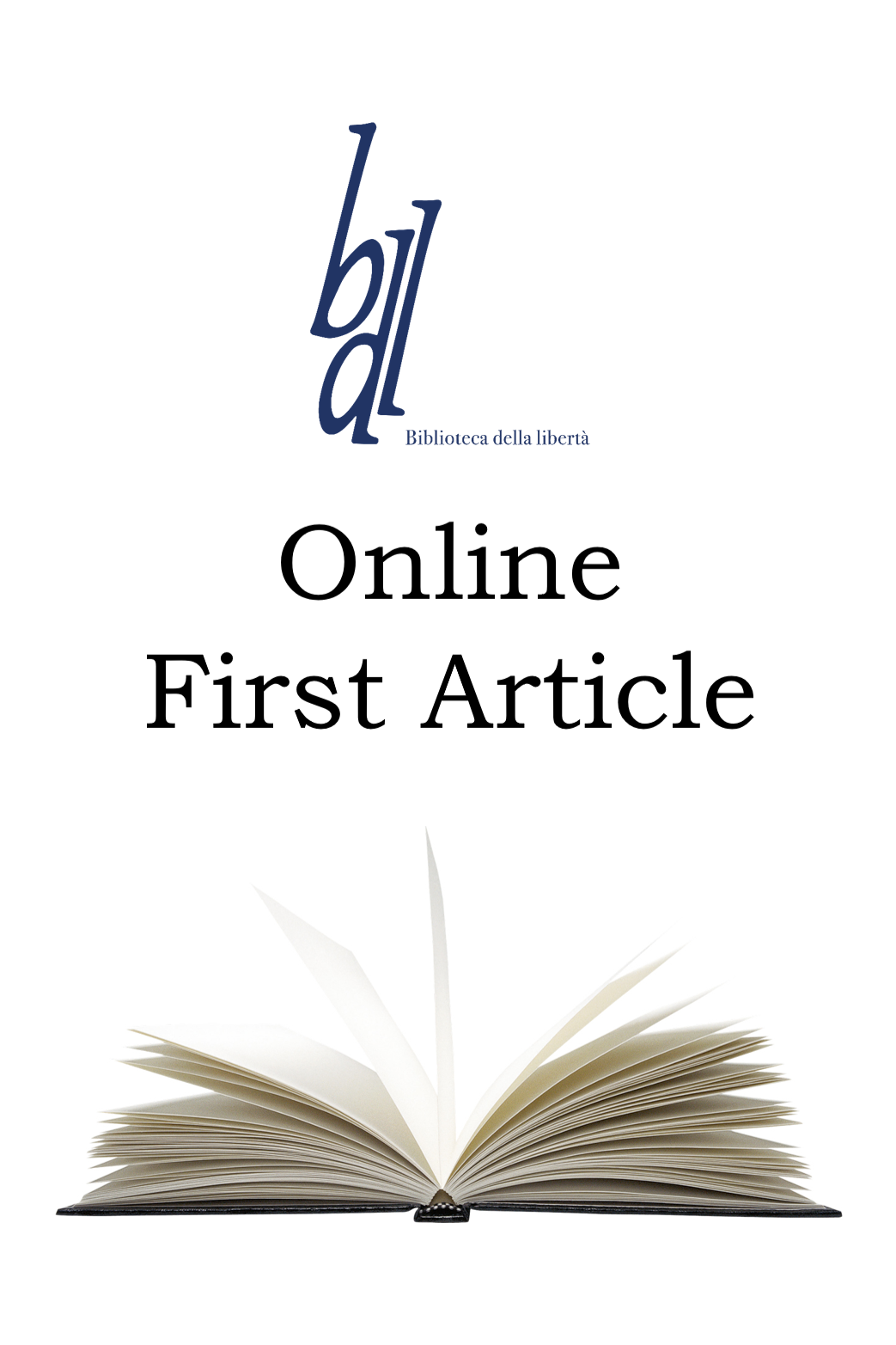- Ricerche e Progetti
- Biblioteca della Libertà
- Pubblicazioni e Working Paper
- Articoli e media
- Eventi e notizie
All issues
The Belt and Road Initiative: An Opportunity or a Threat for the European Union?
- Categoria/Category
- Anno LVII, n. 233, gennaio-aprile 2022
- Autore/Author
- Loretta Dell'Aguzzo, Emidio Diodato
- Editore/Publisher
- Centro Einaudi
- DOI
- 10.23827/BDL_2022_10
- Luogo/City
- Torino
- Articolo completo/Full text
- BDL-233-9-dellaguzzo-diodato2.pdf
Abstract
This article discusses the stances adopted by EU institutions and Member States towards the Belt and Road Initiative and aims at accounting for the factors that shaped EU’s response over time. In particular, through the analysis of official documents, publications and policies, this article shows that at first EU’s reaction was more favorable and later, starting from 2016, its attitude changed to become more hostile. This shift towards a more ‘protectionist’ stance reflects a change in the perception of China’s external policy occurred not only at the EU, but also at some Member States’ level. Whereas during the first two years after its launch, the BRI appeared as a carrier of opportunities for development, when the first BRI-related projects were implemented, both EU and its core Member States started to see it as a threat not only from an economic, but also from a political and security perspective. In particular, EU worries concern both the threat that this initiative poses to the rules-based current international order and to EU cohesion, as the BRI affects in different ways European sub-regions. Moreover, this paper argues that, even though EU and US have different interests and attitudes towards the BRI, the EU involvement in this initiative has not negatively affected transatlantic relations and over time EU and US reactions to the BRI evolved in similar ways. However, whereas on the one side the EU has started to counterbalance the ascendance of China, on the other side it has pursued this goal autonomously from the US and without overlooking the fact that China is not only a rival and a ‘systemic competitor’ but also an important negotiating partner.







